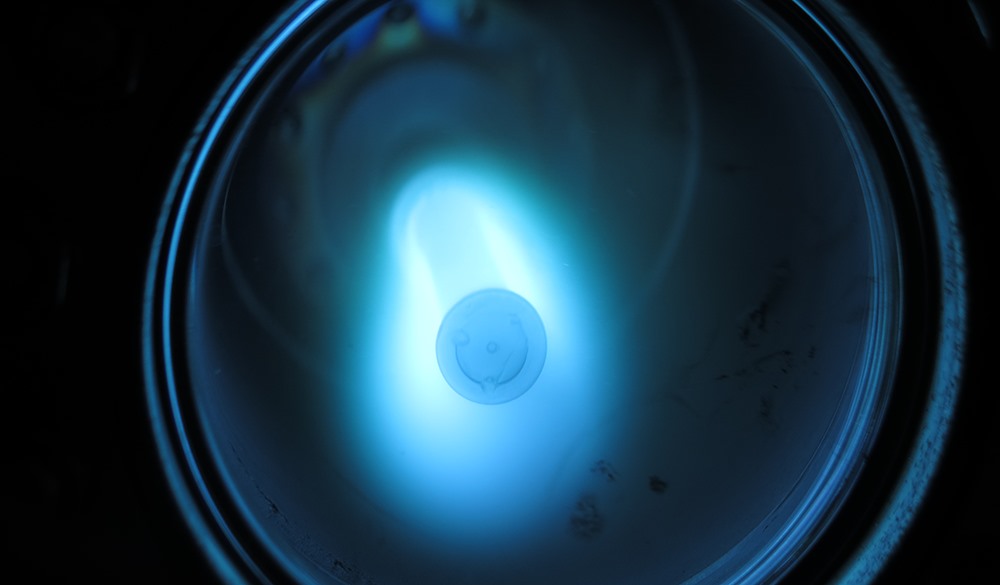
Accelerator Research and Innovation for European Science and Society
PROGRAMME: Horizon 2020 (Integrating Activity)
DURATION: May 2017- April 2021 (4 years)
TOTAL BUDGET: €24.8M
CONSORTIUM: 41 participants from 18 countries
PROJECT COORDINATOR: Maurizio Vretenar (CERN)
ARIES is an Integrating Activity project which aims to develop European particle accelerator infrastructures, co-funded under the European Commission’s Horizon 2020 Research and Innovation programme. : Accelerator Research and Innovation for European Science and Society
ARIES, or Accelerator Research and Innovation for European Science and Society, is an Integrating Activity project dedicated to the research, development and innovation of European particle accelerators and their related infrastructure and technology. The project will run for a duration of four years from May 2017 to April 2021 and is co-funded by the European Commission under its Horizon 2020 programme.
Future accelerators will need higher energy and luminosity to allow scientists to continue exploring the fundamental building blocks of the universe. To reach this goal new technologies and materials must first be developed so accelerator infrastructures can cope with the requirements of future research.
Accelerators and their related technologies are used in a variety of different scientific disciplines and have broad applications in fields such as industry, healthcare, energy, environment, security and cultural heritage.
ARIES will combine an innovative programme of R&D with wider involvement and engagement from the scientific community to help ensure the future of accelerators is secured.

Objectives
- Coordinate and monitor WP15 activities
- Define surface preparation and treatment of substrate used for thin film deposition
- Develop and test new coatings and techniques for superconducting RF cavities
- Define material, thickness and structure to be deposited using various deposition techniques
- Perform various superconductivity evaluation tests on samples of superconducting films
- Coordinate superconducting RF evaluation in three laboratories (HZB, CERN and STFC)
- Define characteristics of technology best able to produce superconducting film for RF cavities.
Tasks
| Task # | Task name | Task leader |
|---|---|---|
| 15.1 | Coordination and Communication | Oleg Malyshev (STFC) |
| 15.2 | Substrate surface preparation | Cristian Pira (INFN) |
| 15.3 | Thin film deposition and analysis | Reza Valizadeh (STFC) |
| 15.4 | Superconductivity evaluation | Oliver Kugeler (HZB) |








